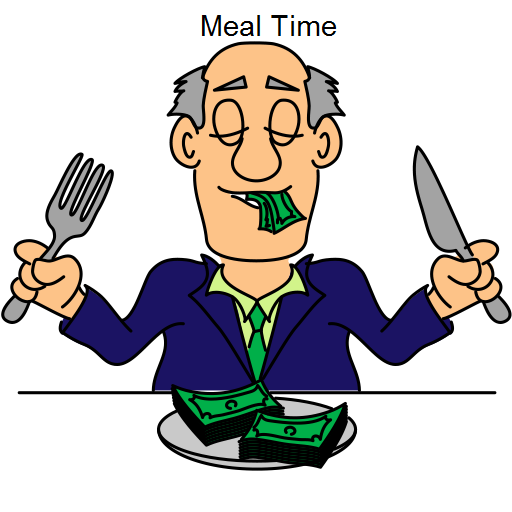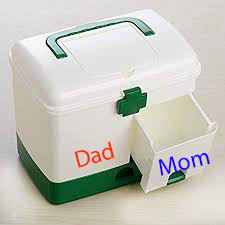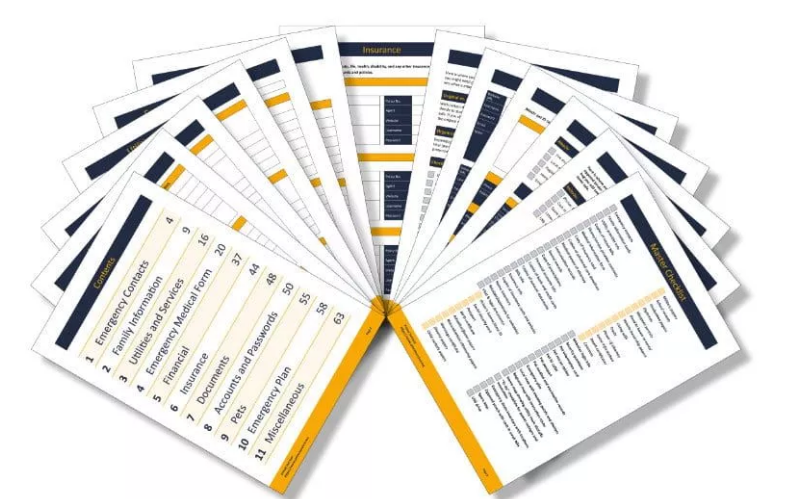In today’s global village, when disasters that strike on the other side of the world occur, we learn about them in minutes. We even get to watch videos of them occurring within minutes. As a result, we are all very aware of how easily and quickly a disaster can strike.
With this in mind, here is a list of 12 Things A Diabetic Must Prep To Survive:

- Copies of all your personal documents
- An accurate list of ALL your daily medication, both prescribed and over the counter medication
- Copies of your prescription
- A month’s supply (at least) of all your medication. As insulin must be refrigerated, you will have to remember to pack it in an appropriate container.
- Syringes and needles if you don’t use insulin pens
- Needles for your insulin pens
- A sugar test kit
- Spare test strips (don’t forget a container to place your used strips and needles in)
- Spare Lancets
- A roll of cotton wool or a supply of alcohol swabs
- Glucose sweets for when your sugar drops to low
- Longer-acting foods such as crackers, fish/meat past, peanut butte
Diabetics have a hard enough time sourcing suitable foods in normal times with all the processed foods being so full of sugar and sodium. In a disaster, diabetics must have prepared their emergency food, medicines, and clothes in advance to have a chance of survival when food, water, and medicines will be in short supply.
Maintain Your Routine
Maintaining your meal times and medicine intake times is often difficult enough, but when disaster strikes it is going to be even more stressful to keep to your routine, especially if you have not prepped.

If you have not prepped for an emergency, you will have to source food and medicine on top of finding clean water and boiling it or treating it. It is a sound insurance policy to prepare for the unexpected beforehand.
It will certainly improve your chances of survival and will reduce the stress on your loved ones if they know that your special needs are taken care of, thus improving their chances too.
Some Gentle Reminders
Stress – Now we know that Stress has a huge influence on our sugar levels. Just living in South Africa at the moment is stressful.
One is cautious of living in your home, let alone going out into the big wide world to take our kids to school and the like. Nonetheless, one must try to manage your stress as best as possible.
Meal Times – Try and keep to your mealtimes, it is important to maintain your routine.
Remember, you should eat within 15 minutes of taking your insulin. You don’t want your sugar to drop too low.
Mind your Feet – Wounds take longer to heal so we need to try and prevent them as far as possible. To this end, make sure that your footwear is appropriate, fits well and is aired and cleaned regularly.

Check your feet thoroughly at least every day and more frequently if possible. You need to treat irritation, infections, blisters, etc. immediately. Never walk barefoot! There is likely to be far more debris lying around that could do you a lasting nasty.
Snack – In times of disaster, we will likely be doing more physical work than normal and this is likely to lower your sugar, so it is important to snack frequently to maintain the sugar levels.
PPE – Wearing gloves (and a hat if you are in the sun) is recommended. Wounds on your hands also take longer to heal and infection could lay you low for a while, so take care of your hands as well.
Prepping For Multiple Ailments
MEDS – In many families, there are members that have unique ailments to the rest of their family. Dad might have High Blood Pressure, Son might have asthma etc. so you would need to prep for multiple ailments. Although it might be possible to share the main food supply, meds will need special attention.
Keep meds in different containers and have them CLEARLY MARKED. There will be lots of stress, often little light and you might be in a hurry. We don’t want mistakes, they could be fatal.

Don’t forget to pack everyday meds for headaches, cleaning and treating wounds, water purification tablets or bleach. A pot or two to cook and boil water, matches and a gas stove with gas if at all possible.
Food – When prepping food, it is probably best to try and store food that everyone in the family can eat. Unfortunately, preferences do not count here. If it does you no harm, you must eat it. So, no sugary foods if you have diabetics in the family. No wheat if someone is intolerant, so too milk.
You have to store foods that everyone can eat or you will not be able to store enough to last 30 days. don’t forget to store some water for a day or two – 3 litres per person per day (allowing for cooking and drinking).
Where To Store Your Supplies
This requires some careful planning. If you are in an area that could be subjected to floods, you would need to pack your stores in waterproof containers that can float. You would also have to ensure that they would not be washed away in the flood.
If you are in an area that could be subjected to runaway fires, you would need your stores to be instantly accessible and movable.
If you are In a City where unrest, riots, and or civil war is a possibility, you would need to decide if you were bugging in or bugging out and you would prep accordingly

Prepping vs Insurance
Many people consider preppers to be “loonies”… those people who wear tinfoil hats. Nothing can be further from the truth. Preppers never had to run off to the shops when the COVID-19 lockdown was announced. they already had everything they needed – probably not masks, but they made those.
If you think about it, prepping is just an insurance policy. As I tell my friends, it is better to prep and never need it than not to prep and then desperately need it.
Conclusion
If you or anyone in your family suffers from Diabetes, it is important to prepare for unforeseen emergencies. When SHTF, you will not have time to source medicines, footwear or food. Far better be prepared, just in case, than to be caught with your pants down.
If you need help or advice with regards to prepping meds and food etc., feel free to contact me here.
Your opinion counts so please leave your comments and suggestions below.


